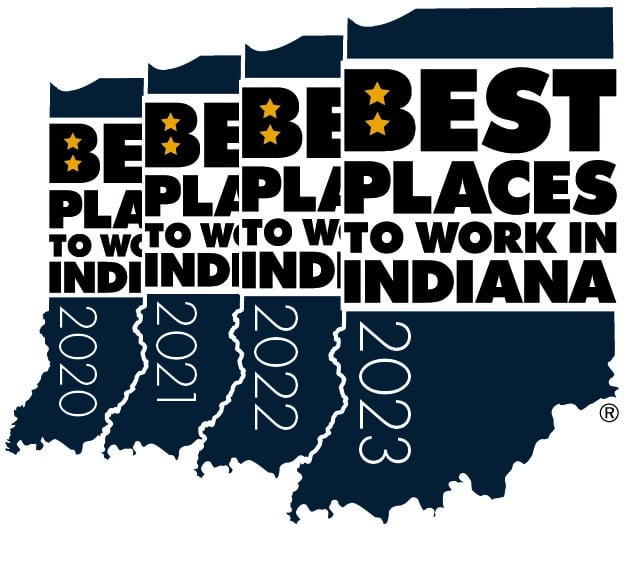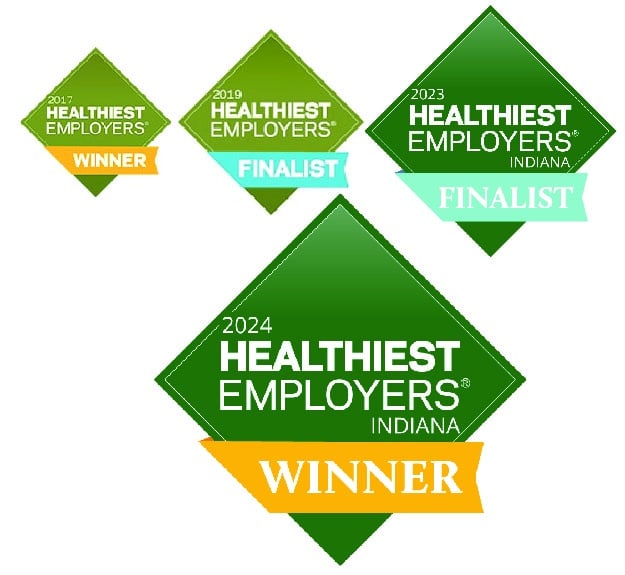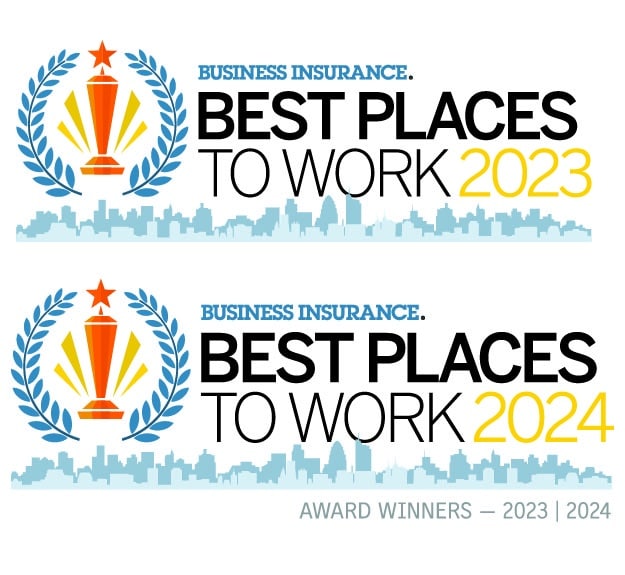The NextGen Healthcare Summit: The Journey of Healthcare
BY BEN CONNER

The health care system has grown more and more complicated over the last two decades. Premiums have tripled since 1999 and 67% of bankruptcies are now tied to medical issues. To address some of these issues, we recently focused on the journey to better health care in our second annual NextGen Healthcare Summit. We invited four nationally-recognized industry experts to guide business leaders through the difficult challenges in accessing better care, eliminating fraud and waste, and finding the right partners.
Below is a summary of the key insights from each speaker and the panel we held during the event:
Speaker 1: Mindset Is All That Matters
We invited a risk management business coach to talk first and discuss the value of taking risks. We can’t make positive improvements unless we change what we’ve always done. When it comes to your health care plan, the same old, “tried and true” plan that your company renews every year despite the annual rate increases may not be the best option for you. Although it feels safe, a plan that increases in price 8-12% every 12 months is slowly draining your company.
Exploring a new plan option may feel risky, but it is the only path to better care at lower prices with a strategy that is designed to prevent such large rate increases every year. If you are willing to take that first step in exploring new health care plans, you can provide better health care outcomes for your employees at lower rates.
Speaker 2: Develop High-Value, Low-Cost Plans Free from Fraud, Waste, and Abuse
Our second speaker, a nurse medical manager, emphasized the value of focusing on the right care at the right place at the right time at the right price. By diving deep into available data, you can help your members obtain the best care they've ever had and ensure the lowest price for both employer and employee.
Identifying these areas of improvement, and engaging with the healthcare system with, and for, your employees, is especially valuable in limiting your exposure to health care costs that are inflated by fraud, waste, and abuse. In standard health care systems, up to 30% of their charges are a direct result of fraud, waste, and abuse. With the proper oversight, you can protect your employees' health and company budgets from unnecessary procedures, unwarranted charges, and waste that plagues standard plans. In addition, when your employees are encouraged to avoid questionable doctors and low-rated facilities, they visit high-quality facilities and professionals who deliver better care at lower overall prices.
Speaker 3: A Great PCP Can Reduce Overall Health Care Spend
Our third speaker, a primary care physician, explained the impact a PCP can have on your employees. If your staff members have ready and affordable access to talented and caring PCPs, they can use preventative medicine and health care practices to avoid larger, more costly illnesses in the future that could require expensive surgery or medications.
Forward-thinking PCPs also provide modern healthcare opportunities to employees. Innovations like telemedicine can streamline access to medical attention and simplify the patient experience. If your employees have fewer hurdles to receiving care, they may be more likely to seek care before their injuries or ailments become serious emergencies.
Speaker 4: Your Partners Should Guide and Protect Your Investments
One of our strategic partners, the former Chief Growth Officer at one of the largest brokerage shops in the world, discussed the value of finding the right partners within your health care plan. The right advisor, for example, helps you and your company avoid the so common in health care. Instead of going along with the “bigger is better” mindset and falling prey to pursuing only what appears to the biggest suite of health care products, ensure you are selecting a partner that can provide you with true cost-saving options, has incentives aligned with your own, and can advise you on the proper products to address your employees.
The Panel: The Right PBMs Can Produce Savings and Better Health Outcomes
Our panel featured a couple of pharmacy experts and current clients who have found success in managing their pharmacy spend and outcomes. This discussion uncovered some of the opportunities that exist in Rx programs and the success stories members have inreducing their pharmaceutical costs.
For example, steps companies can take to reduce their pharmaceutical spend include:
- Review what medications are available on the plan. Some medications are too expensive to justify keeping, especially when cheaper alternatives are readily available.
- Review where employees access prescriptions. A convenient location does not necessarily mean better prices. Analyze pharmacies for their pricing before pursuing relationships.
- Review relationships with pharmacy benefits managers. Look for a financial and care alignment between the company, employees, and the pharmacy benefits manager to deliver better health care results to employees.
Equipped with better data, companies can dramatically reduce their pharmaceutical spend by hundreds of dollars per employee every year.
Knowledge is power within the health care system. The better you and your employees understand your benefits plan, the better you can leverage its features for better health. In time, a better plan can even save you money. When employees receive care from better facilities and doctors, they need less follow-up care, less therapy, and less time in hospitals.












